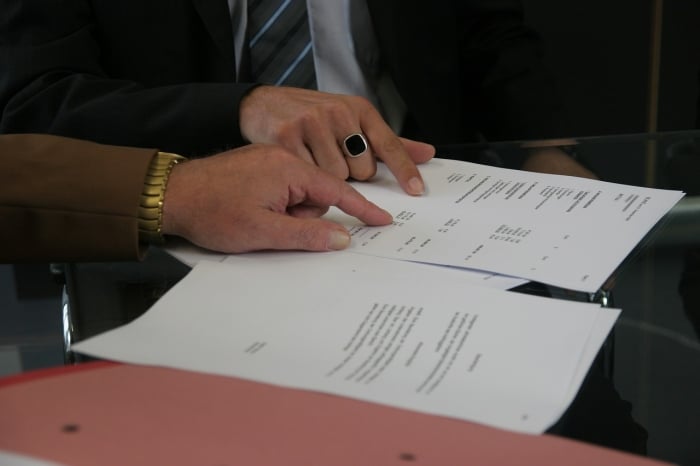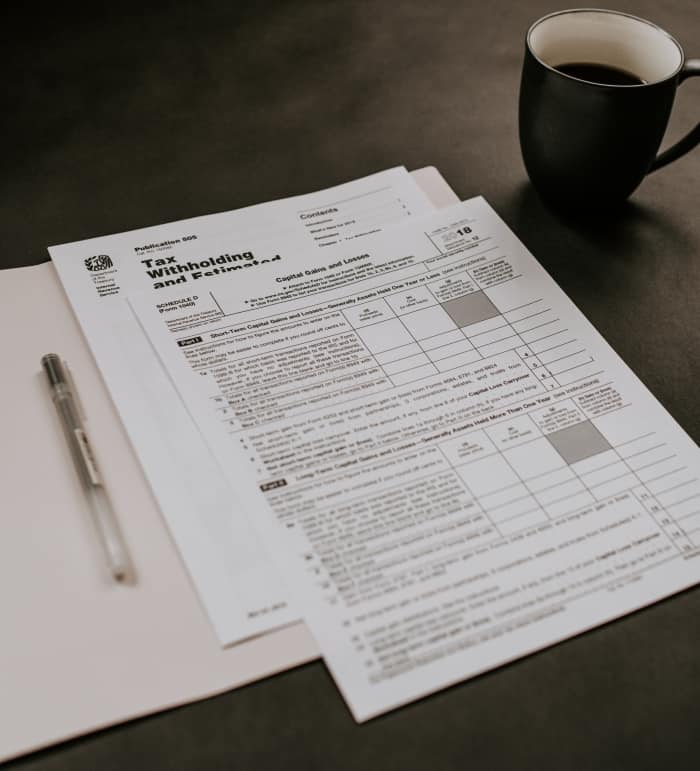All You Need to Understand About Corporate Tax Singapore and Its Key Features
 The vibrant economy and favorable business environment are some of the reasons that mark Singapore as a tax haven for many investors. The corporate tax Singapore orchestrated by several tax incentives with its reduced rates draws as the main attraction of foreign investments in the country. The type of tax policy and its strategic location is a gateway for companies yearning to expand into the emerging Asian economies—making Singapore a global hub for international investment and commerce.
The vibrant economy and favorable business environment are some of the reasons that mark Singapore as a tax haven for many investors. The corporate tax Singapore orchestrated by several tax incentives with its reduced rates draws as the main attraction of foreign investments in the country. The type of tax policy and its strategic location is a gateway for companies yearning to expand into the emerging Asian economies—making Singapore a global hub for international investment and commerce.
Before we go further, let’s look at what Singapore corporate tax is holistically.
The corporate income tax in Singapore stands at 17 percent for companies. However, other incentives presented by the Inland Revenue Authority (IRAS) of Singapore may lower the actual corporate tax rate. For example, the Financial Services Incentives (FSI), which covers an array of financial institutions that may last for a period of 5-10 years subject to particular conditions. On the other hand, Start-up companies will only need to pay 4.25% for the first S$100,000 and 8.5% for the next S$100,000 profit they make for at the beginning of the first three successive years of operations. For one to qualify for startup tax exemption, you must have incorporated your business in Singapore and have a maximum of 20 shareholders.
Who is Eligible to Pay Corporate Tax Singapore?
Now, it is the prerogative for every company to pay corporate tax under the Income Tax Act. This only applies to any taxable income originating from Singapore or foreign income submitted to Singapore. Your eligibility to pay the tax does not take notice of your tax-residency tax. A company is considered a tax-resident if it applied to control and management in Singapore for the former Year of Assessment (YA).
The Key Facts About Singapore Corporate Tax
- The eligible system used is the territorial tax system—only taxes income derived from Singapore or remitted to Singapore from foreign sources
- The tax is on an income-basis where only taxable profits are taxed. In other words, taxes are based on profits but not on revenues
- A single-tier tax system is applicable. You may be aware that several jurisdictions use a two-tier tax system where both the profits and dividends are taxed. Contrary to that, Singapore companies only remit taxes on profits—dividends—are tax exempt
- No taxes on capital gains or dividend payments
- Investors get a privilege of generous incentives and tax breaks whenever they invest in new and forth-coming industries, R&D, and productivity-enriching technologies.
With that in mind, you may as well pondering as an investor on what process you might take to remit your corporate tax in Singapore. In the event you choose to appoint a tax agent for your company, you must authorize the appointed company offering the tax services as a certified filer via CorpPass Account.
Let’s Run Down the Process on How to Pay Corporate Tax Singapore
- File the Estimated Chargeable Income (ECI) Form. The process of remitting corporate taxes begins by filing an Estimated Chargeable Income (ECI) form giving an estimate of the company’s chargeable income with the IRAS within 3 months of the financial year-end. On the other hand, you may not be obliged as a company to file an ECI if your annual revenue is not more than S$5 million and there’s no ECI for that YA.
- File the Annual Income Tax Return. The next procedure for a company is filing its Annual Income Tax Return with the IRAS. Now, what’s the big deal about the Income Tax Return? In actual sense, this is a report of the company’s annual income, therefore differing from the ECI, which is an estimate of the company’s income. According to the Income Tax Act in Singapore, it is the prerogative of every company to file the annual Income Tax Return, even those that are registering losses or under liquidation. However, an inactive company is permitted to tender a simplified Form For Dormant Company as an alternative of full Income Tax Return.
- Receive IRAS’ Notice Assessment (NOA). Once you’ve filed the necessary forms, the IRAS shall then review the forms and issue a Notice of Assessment (NOA) to the company. The purpose of NOA is to provide a detailed statement of the company’s tax liabilities alongside a chance for the company to object to the IRAS’ tax assessment if it so wishes.
- Remit the Assessed Corporate Tax. After verification that there are no issues raised in the NOA, the company can now proceed to pay the assessed corporate tax Singapore within 30 days from the date of the NOA.
Singapore corporate tax must be filed annually by:
- 15 December if filing online; or
- 30 November if you wish to do physical filing of Income Tax Return
Now, whenever you file inaccurate Income Tax Returns devoid of any intention to evade taxes, the IRAS imposes:
- Financial penalties not exceeding 200 percent of the tax undercharged
- Fines not exceeding S$5,000; and
- Jail term of up to 3 years imprisonment.
If you do wish to get further information about corporate tax Singapore, you may contact the IRAS offices or visit their online website.
Conclusion
Singapore has bestowed IRAS with the responsibility of governing Singapore’s tax system. This is aimed to build a stronger economy; therefore, all companies regardless of the industry, have a legal duty to pay corporate income tax Singapore. Singapore continues to heighten its investor confidence by the lower corporate tax rates in the world. As an investor, you now have an opportunity to enjoy the tax incentive in Singapore.











